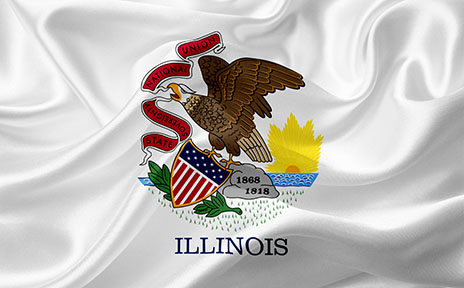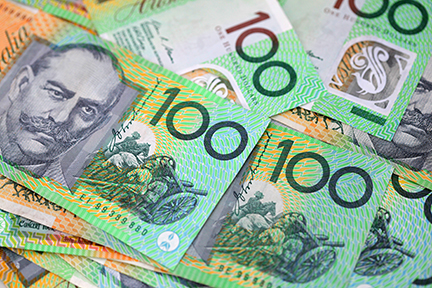Yesterday (July 16), the European Commission announced two major initiatives aimed at cutting tobacco use and boosting EU revenue: a long-anticipated revision of the Tobacco Taxation Directive and a new measure called the Tobacco Excise Duty Own Resource (TEDOR).
The revised directive proposes higher minimum excise taxes and expands the scope to include e-cigarette liquids, nicotine pouches, and raw tobacco. Meanwhile, TEDOR would apply a uniform 15% levy on tobacco products released for consumption, expected to generate €11.2 billion annually.
“While the proposal is meant to tackle the developments and emergence of new products (e-cigarettes, heated tobacco products, and new products containing nicotine), the European Commission also decided to revise the EU minimum rates applicable to traditional tobacco products,” the European Cigar Manufacturers Association (ECMA) said in a press release. “It disregards the different tax-bearing capacity of niche products from mass-produced tobacco and nicotine products, demonstrating a misunderstanding of the market.”
“Increasing the EU minimum rate by 1,100% for niche products which are already the least affordable on the tobacco and nicotine market, is out of touch and completely irresponsible,” Paul Varakas, ECMA director general, said. “This proposal is very worrying. It goes against every commitment the EU Executive has made recently regarding reducing the regulatory burdens for SMEs and midcaps, companies that are largely dominating the cigar/cigarillo segment, as opposed to other products manufactured by Big Tobacco.”
While both measures aim to reduce tobacco use, particularly among youth, the TEDOR proposal is also part of the EU’s broader €2 trillion budget strategy.
“[Commission President] Ursula von der Leyen and [European Commissioner for Budget] Piotr Serafin were both vocal about the need to increase Europe’s competitiveness by decreasing EU regulatory burdens,” said Adam Bartha, director of the European Policy Information Center. “The Tobacco Excise Duty Own Resource and the revision of the Tobacco Excise Directive goes against their own stated goals and increases the tax and regulatory burdens on Europeans without reducing smoking rates.”
The Commission insists the reforms are vital to combat smoking and close loopholes fueling illicit trade, though opposition from countries like Italy and Greece could stall progress. However, both proposals face political hurdles, requiring unanimous approval from all member states.










